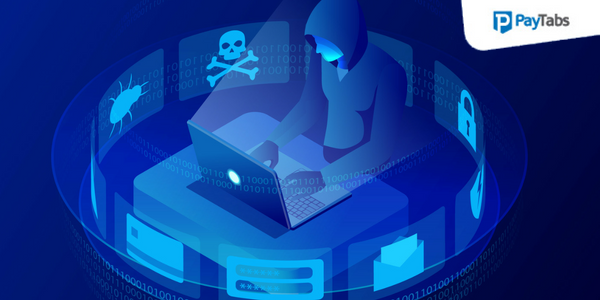6 Effective Ways to Boost E-Commerce Conversion Rate

If you are running your e-commerce business, you don’t just want traffic; you want as many conversions as you can. So how do you actually get the traffic to convert without looking desperate. Here is a list of ways you can use to boost your conversions when your budget is restricted and the year is winding down.
Customizing Checkout Experience
Based on a study conducted by the Baymard Institute, the average cart abandonment rate is 69.89%. If you can optimize checkout experience, you can drastically boost the conversion rate. There are various options to do so. If the customer plans to exit at the last moment, you can give an exclusive offer like a discount coupon. Ensure that the integrated payment gateway offers enough payment methods to take payments online. In addition to these, let users log in using their social media credentials, and keep the checkout process short and simple.
Make Product Pages Look Better
The website layout plays a crucial role in the user experience, and when it is an online store, product pages must be organized neatly to boost conversions. The most prominent aspect is to include influencing visuals, comprising of images, 360-degree photos, videos, and so on. Adding a countdown, depicting the number of units left of a product, works wonders by instigating visitors to buy at the earliest. Focus on filters so that buyers can streamline products as per their requirements. At the same time, avoid adding too many filters to avoid confusion.
Call-to-Action Prompts
The aim of call-to-action (CTA) is to engage visitors and prompt them to take an action. The simplest way is to add sharing options, ensuring an extended reach of your online store. If the visitor decides to bounce off the website, a popup should emerge showing exciting deals or exclusive discounts or other product options. Placing a floating “Add to Cart” button impels buyers to conveniently add a desired product in the cart, thereby, boosting conversion rate.
Welcome Offers
A new customer or a visitor is a special person because this is the first interaction of yours with the visitor. Be ready with welcome offers such as giving freebies, sign up discounts, and so on. You can also give them a referral code. If they promote or share your online store link with their contacts, they will earn a commission or a gift voucher. One of the most effective strategies is to offer free delivery on the first few orders.
Sell on Marketplaces & Social Media
Other than selling on your e-com store, you can exploit social media platforms for selling products and services. Social media sites like Instagram, Facebook, Pinterest let you add a “Shop” option on your website’s social media page. Once a user clicks on the shop icon, the link redirects to the payment gateway process, allowing the user to check out instantly. And since mobile e-commerce is on an exponential rise, it is wise to expand your presence on social media apps.
Enabling Customer Reviews
Humans are influenced by humans, at least when it comes to online shopping. Enabling reviews and ratings on your store assists in building connections with your visitors. When real humans, not robots, leave genuine reviews, whether positive or negative, buyers become aware of product attributes. This further convinces them to buy. Let customers log in using social media credentials to write a review of their purchase or send them a personalized email asking to write their views.
Now we cannot say that a particular strategy will work for you if it has worked for others. It is recommended to continue with A/B testing to identify the right strategy for increasing conversion rate. And this is an ever-going process since the online shopping experience is always evolving.




